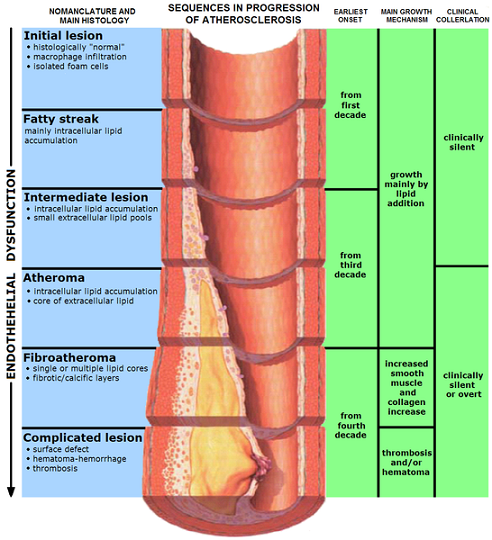Genetic and biochemical factors predisposing to atherosclerosis

Lehtimäki and his team study atherosclerosis, the metabolism associated with cardiovascular diseases and the biology of the blood vessel wall. One of the most important study lines currently are the genetics and epigenetic studies of complex diseases and traits, including cardiovascular risk factors and diseases. The concept of “vulnerable plaque” has been extended to the more recent definition of the “cardiovascular vulnerable patient,” in which “intraplaque” and “systemic” factors contribute to the cumulative risk of acute cardiovascular events. The traditional view that atherosclerosis is simply a lipid storage disease has been challenged by a growing body of evidence of other key components contributing to the disease etiology, like inflammation pathways that play a central role in all stages of atherosclerotic disease from the early initial lesion to the late-stage plaque rupture. However, molecular mechanisms promoting premature atherosclerosis development and plaque rapture are not fully understood and this has severely hampered the advance of diagnostic and therapeutic programs. One of the major problems in clinical practice is to recognize a high risk unstable plaque carrying patient. Also, no current therapeutic regime directly targets atherosclerosis. The present study plan is a continuation of the 5-year AtheroRemo Project (2008-2013), funded by The European Union 7th Framework Program. AtheroRemo has been originally designed to advance the present knowledge on the role of inflammatory remodeling in the different stages of atherosclerosis.
